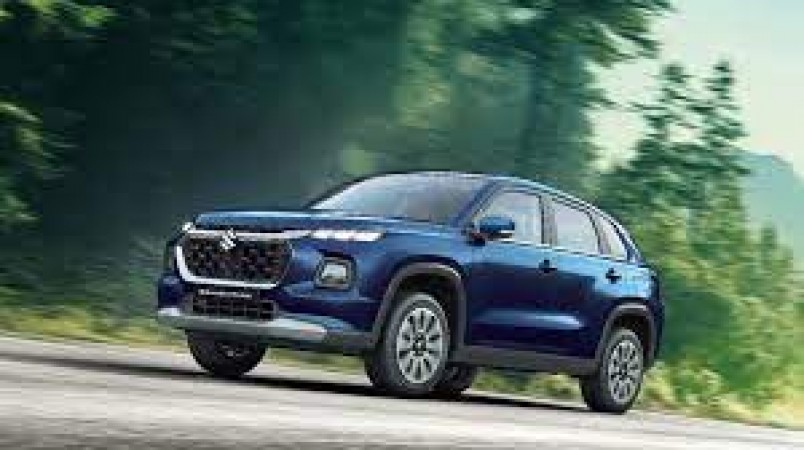
In recent years, the automotive industry has witnessed a significant shift in consumer preferences and environmental awareness. One of the notable developments is the growing demand for Compressed Natural Gas (CNG) vehicles. This shift is driven by various factors that are reshaping the way we think about transportation and its impact on the environment.
Compressed Natural Gas (CNG) is a clean-burning alternative fuel that is gaining popularity worldwide. It is composed primarily of methane and is extracted from natural gas reservoirs. CNG is stored and distributed in high-pressure cylinders, making it a viable option for powering vehicles.
One of the key reasons behind the surge in demand for CNG vehicles is their environmental friendliness. CNG produces significantly fewer greenhouse gas emissions compared to traditional gasoline or diesel fuels. This reduction in carbon footprint aligns with the global efforts to combat climate change.
CNG vehicles offer a cost-effective solution for both consumers and businesses. The price of natural gas is generally lower than gasoline or diesel, resulting in reduced fuel expenses. Additionally, CNG engines tend to have lower maintenance costs, contributing to long-term savings.
To accommodate the rising demand for CNG vehicles, there has been a substantial expansion in the CNG refueling infrastructure. Gas stations offering CNG are becoming more widespread, making it convenient for consumers to access this eco-friendly fuel.
Many governments around the world are incentivizing the adoption of CNG vehicles. These incentives include tax benefits, rebates, and grants for purchasing CNG-powered vehicles. Such policies encourage consumers and businesses to make the switch.
Automakers are recognizing the growing demand for CNG vehicles and are introducing a wider range of options. From compact cars to heavy-duty trucks, there is now a CNG-powered vehicle for various needs and preferences.
CNG vehicles produce fewer pollutants, contributing to cleaner air quality and a healthier environment. This aligns with global efforts to reduce air pollution and combat climate change.
The lower cost of natural gas translates into savings for both individual drivers and fleet operators. Reduced fuel and maintenance expenses can have a significant impact on the bottom line.
CNG is domestically sourced in many regions, reducing dependency on foreign oil. This enhances energy security and reduces the vulnerability to oil price fluctuations.
One challenge associated with CNG vehicles is their limited driving range compared to gasoline-powered counterparts. However, advancements in technology are addressing this issue, with improved CNG storage solutions being developed.
Although the CNG refueling network is expanding, it may still be less accessible in remote areas. This limitation could affect the feasibility of CNG vehicles for some consumers.
The future of CNG vehicles looks promising as ongoing research and development aim to enhance their performance and range. Innovations in CNG storage technology and engine efficiency are on the horizon.
CNG vehicles are an essential component of sustainable transportation solutions. As environmental concerns continue to grow, CNG will play a vital role in reducing the carbon footprint of the transportation sector. The surge in demand for CNG vehicles reflects a global shift towards more sustainable and environmentally friendly transportation options. With its reduced emissions, cost-efficiency, and governmental support, CNG is positioned to meet the needs of both individual consumers and businesses. As technology continues to advance, the future of CNG vehicles is promising, and they are set to play a pivotal role in shaping the future of transportation.
Foods to Treat Fatty Liver Disease
7 Heart-Healthy Foods: Enjoy in Moderation for Optimal Health